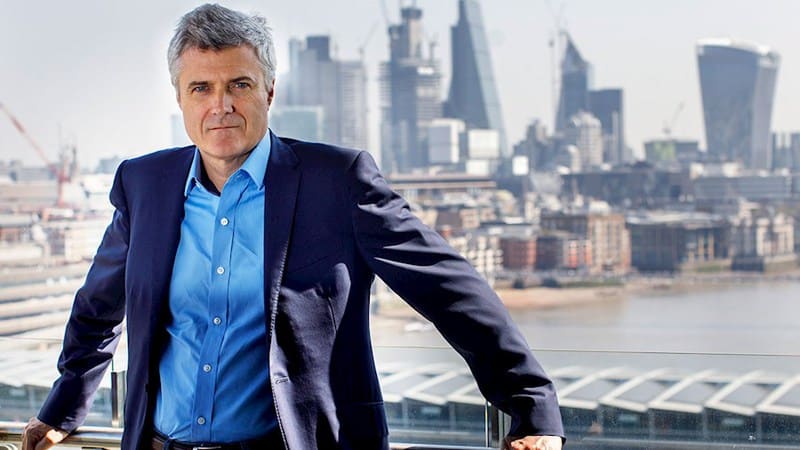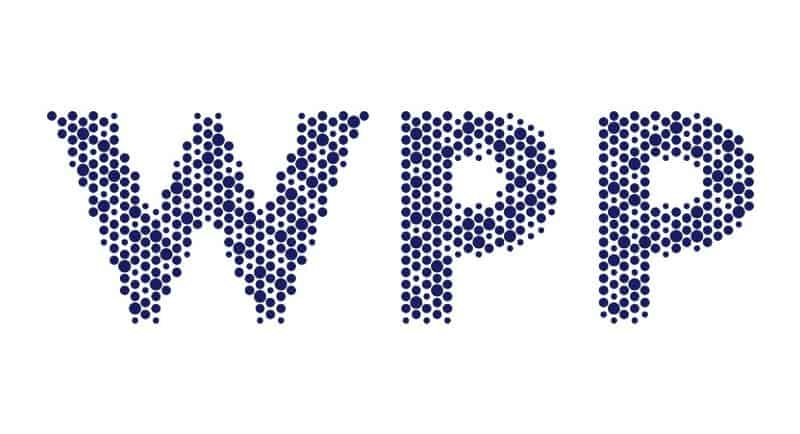WPP has published The Consumer Equality Equation, the most comprehensive study into the relationship between ethnicity, the consumer experience in the UK and potential business growth opportunities.
Supported by WPP’s Racial Equity Programme – which funds inclusion projects that advance racial justice across the world – the report reveals ways in which businesses can address what matters most to these consumer groups to both unlock commercial opportunities and create positive societal impact.
Demographics in the UK are changing: the number of people from Minority Ethnic groups will double to almost a third of the UK adult population by 2061, while their estimated annual disposable income will rise to £575 billion, more than double what it is today. Despite their collective spending power, the limited amount of data and insight previously available for brands into these consumer groups has resulted in unequal consumer experiences.
Brands stand to miss out on a cumulative disposable income of up to £727 billion by the end of 2023, £3.06 trillion by 2031 and £16.7 trillion by 2061, unless they invest in ways to connect meaningfully with these consumers.
Actions that brands can take now will generate loyalty that can last generations. Faced with a cost-of-living crisis and an increasingly crowded marketplace, brands who better understand the diverse needs of their consumers can engage new customers, differentiate themselves as people demand more from their products and services, and futureproof their business.
By engaging just 1% of people from Minority Ethnic groups to change their spending habits across seven sectors, brands could tap into a £2.34bn short-term growth opportunity by 2023, £12.3bn over the next decade (to 2031), or a potential £107bn over a lifetime (to 2061).

WPP’s Mark Read
Mark Read, CEO of WPP, said: “We know that brands who invest come out stronger in times of economic uncertainty. As people look to prioritise their expenditure and change their habits, businesses need to rethink any previous assumptions about Minority Ethnic spending.
“The consumer experience – good or bad – directly shapes and influences people’s daily lives, meaning business leaders play a pivotal role in helping to build a more equal and thriving society,” he added.
Karen Blackett OBE, president of WPP in the UK, said: “Missed or seemingly small consumer opportunities all add up. Engaging just 1% of Minority Ethnic groups now will have an immediate effect for brands which multiplies over time to bring medium and long-term commercial growth.
“By taking time to understand the varied and nuanced consumer experiences of people from different ethnic groups, brands have the opportunity to make a positive and lasting impact both on society and their bottom line,” she added.
WPP’s report features data from 8,300+ participants from six ethnic groups: Black (2,000+), East and South East Asian (700+), Middle Eastern (600+), Mixed Ethnicity (1,000+), South Asian (2,000+), and White (2,000+).
The study was a two year-long collaboration between WPP, GroupM and Ogilvy Consulting with original research from Kantar, BAV and Choreograph. It explores in detail different aspects and categories that make up a person’s consumer experience: health, employment, finance, retail, clothing and fashion, beauty and personal care, food and beverage, luxury, and the high street.
Shelina Janmohamed, VP of Islamic marketing at Ogilvy consulting, and lead author of The Consumer Equality Equation, said: “We set out to ask a simple but infrequently asked question that is fundamental to future brand success: what does it mean to stand in the shoes of Minority Ethnic consumers?
“Our research has helped us create a transformative framework for our clients and their customers that addresses systemic consumer inequality and leads to business growth through holistic engagement.
“This relationship – ‘The Consumer Equality Equation’ – is an important and game-changing milestone in laying the groundwork for tangible change in everyone’s consumer experiences,” Janmohamed added.
